The End Of Peace in the Middle East; The Project Olive Grove
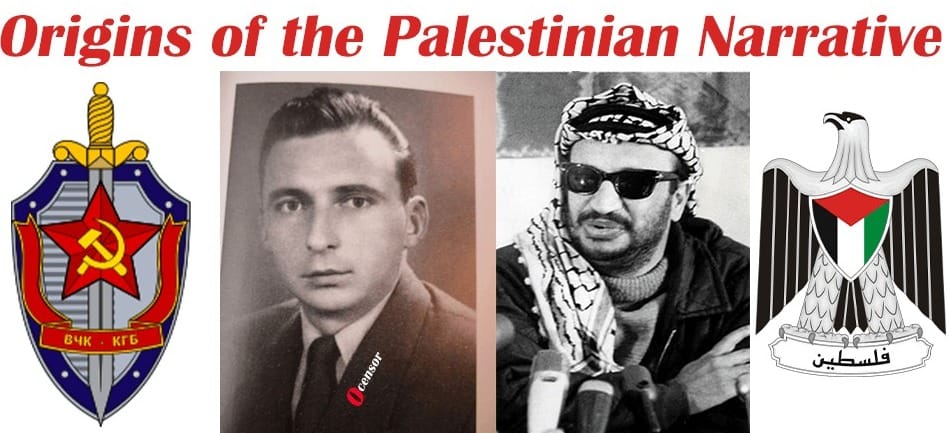

The KGB's elders didn't stop at rewriting Arafat's past. They set their disinformation department to work, transforming Arafat's modest pamphlet, "Falastinuna" ("Our Palestine"), into a full-fledged propaganda tool—a 48-page monthly magazine that became the voice of the Palestinian terrorist group al-Fatah, which Arafat had led since 1957.
The Soviet Union's plan was elaborate and deceptive. They eradicated Arafat's Egyptian origins, creating a false narrative that he was born in Jerusalem, thus fabricating his Palestinian identity. This was part of a larger scheme to position Arafat as a key figure in their geopolitical chess game.
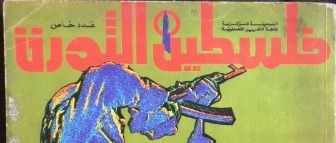
The KGB, adept at media manipulation, disseminated it not just in the Arab world but also in Western Europe, particularly West Germany, a hotbed for Palestinian student activism at the time.
In a masterstroke of ideological branding, the KGB recast Arafat from just another militant into a vehement anti-Zionist, a role more palatable and potent in the Arab world. They even handpicked a historical figure for Arafat to idolize: the Grand Mufti Haj Amin al-Husseini, notorious for his visit to Auschwitz and his criticism of the Germans for not being more thorough in their Jewish extermination efforts. Arafat, in a chilling homage in 1985, proclaimed his pride in following in the mufti's footsteps.
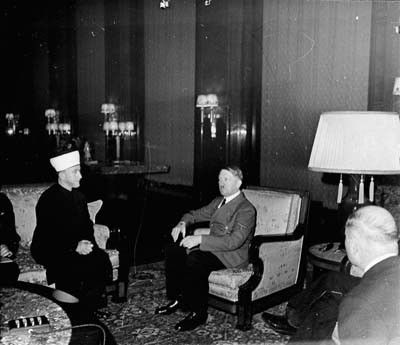
But Arafat was more than just a mouthpiece for propaganda. He was an active agent in the KGB's grand design. After the Six-Day War in 1967, with Moscow's backing, he ascended to the chairmanship of the PLO. His appointment, suggested by Egyptian leader and Soviet ally Gamal Abdel Nasser, was a calculated move to place a Kremlin puppet at the helm of the Palestinian leadership.
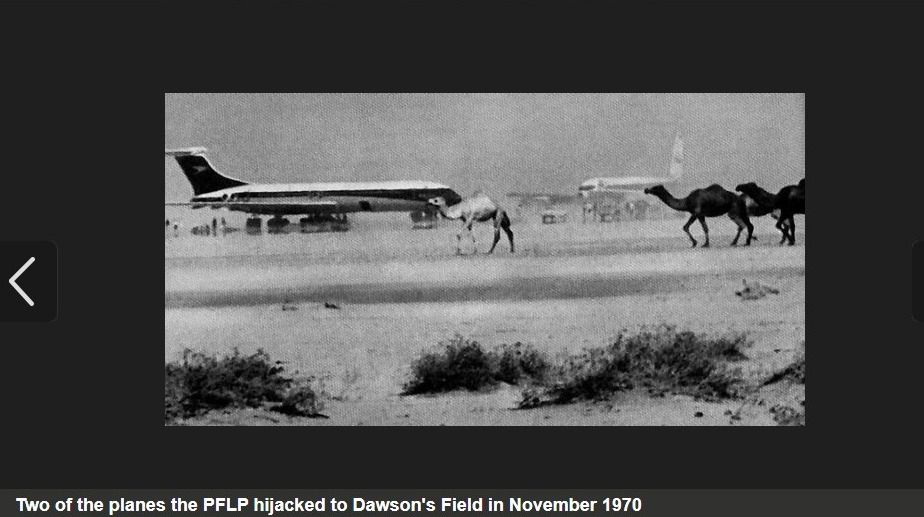
In 1969, the KGB directed Arafat to escalate his rhetoric, calling for a war against American "imperial-Zionism" at the summit of the Black Terrorist International, a group financed by both the KGB and Libya's Moammar Gadhafi. This label, "imperial-Zionism," was not Arafat's brainchild but a Soviet construct, a modern echo of the "Protocols of the Elders of Zion," designed to stir ethnic hatred and anti-American sentiment.
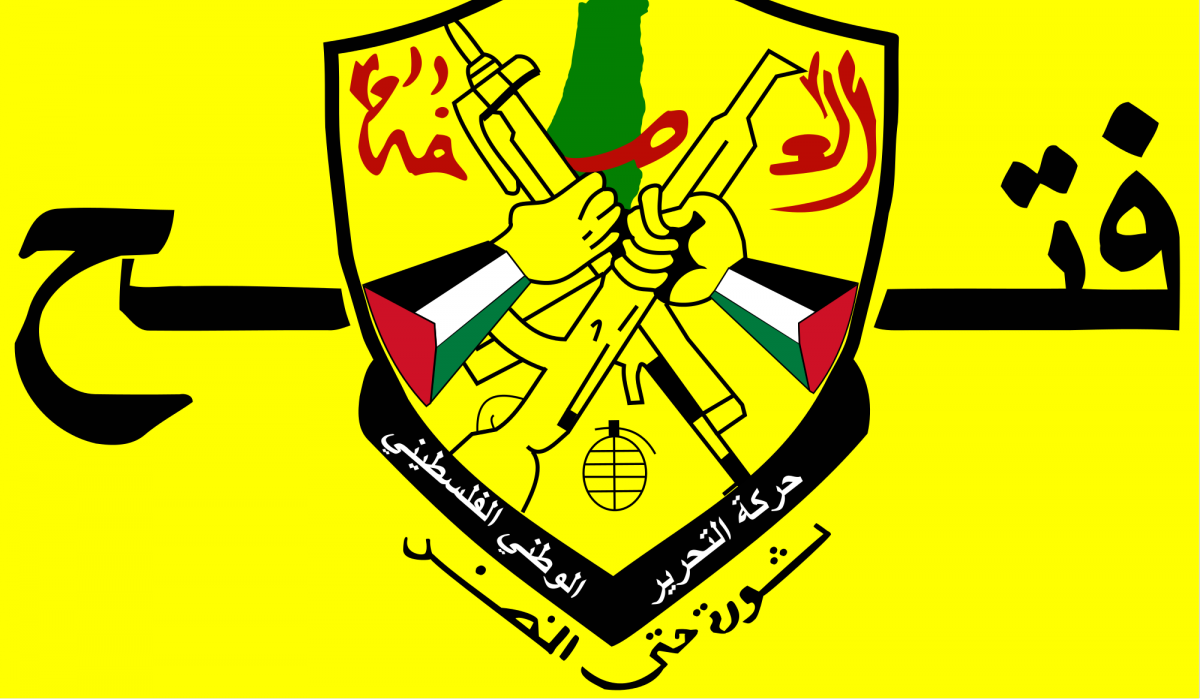
The KGB's file on Arafat revealed a belief that only the best deceivers rose to power in the Arab world. Thus, under my direction, Romanian intelligence was tasked with refining Arafat's already formidable skills in deception. General Aleksandr Sakharovsky of the KGB's foreign intelligence wing saw Arafat as a "brilliant stage manager" and urged us to leverage his talents fully.
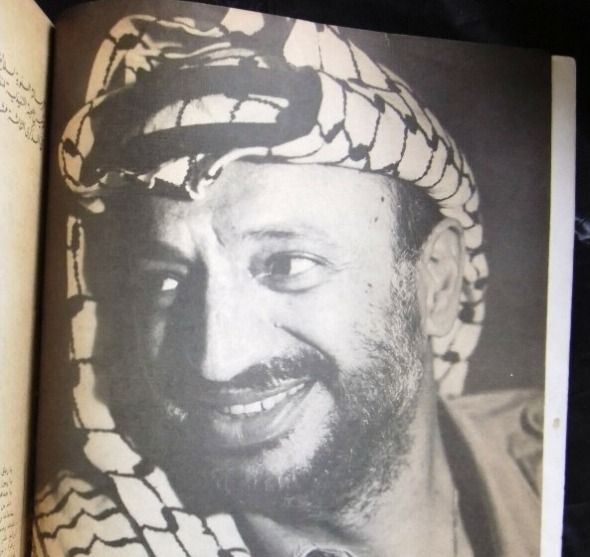
In a covert operation in March 1978, I brought Arafat to Bucharest for final instructions on his upcoming diplomatic charade in Washington. "Just keep pretending you'll renounce terrorism and recognize Israel," Ceausescu advised Arafat, envisioning the international acclaim they would receive for this masquerade.
Accompanying Ceausescu to Washington in April 1978, I witnessed the culmination of our efforts. President Carter was thoroughly charmed, viewing Ceausescu as a global leader and unwittingly endorsing the facade. Ceausescu left with a joint communique praising his contributions to international peace.
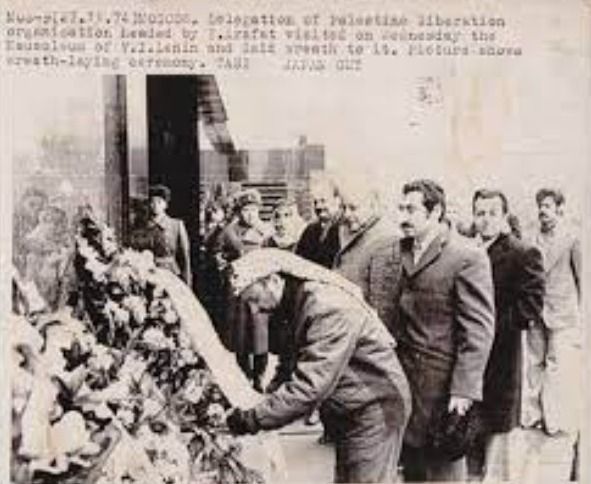
But the truth, as always, was more complex. While Ceausescu never achieved his Nobel Peace Prize ambitions, Arafat did astonishingly in 1994—despite continuing the acts of terror he had pledged to abandon.
My defection to America marked the end of my involvement in Project Olive Grove, but the objective impact continued. Arafat's control over the Palestinian Authority only strengthened, and the cycle of violence and false promises of peace persisted. As I shared the secrets of Project Olive Grove with my new homeland, I couldn't help but reflect on the intricate and shadowy world of espionage, where truth is a rare commodity, and appearances often mask a much darker reality.
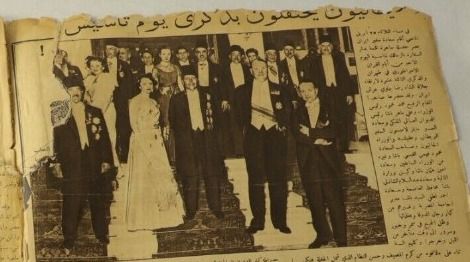
On Oct. 23, 1998, President Clinton concluded his public remarks to Arafat by thanking him for "decades and decades and decades of tireless representation of the longing of the Palestinian people to be free, self-sufficient, and at home." The current administration sees through Arafat's charade but will not publicly support his expulsion. Meanwhile, the aging terrorist has consolidated his control over the Palestinian Authority and marshaled his young followers for more suicide attacks.
To Be Continued....


